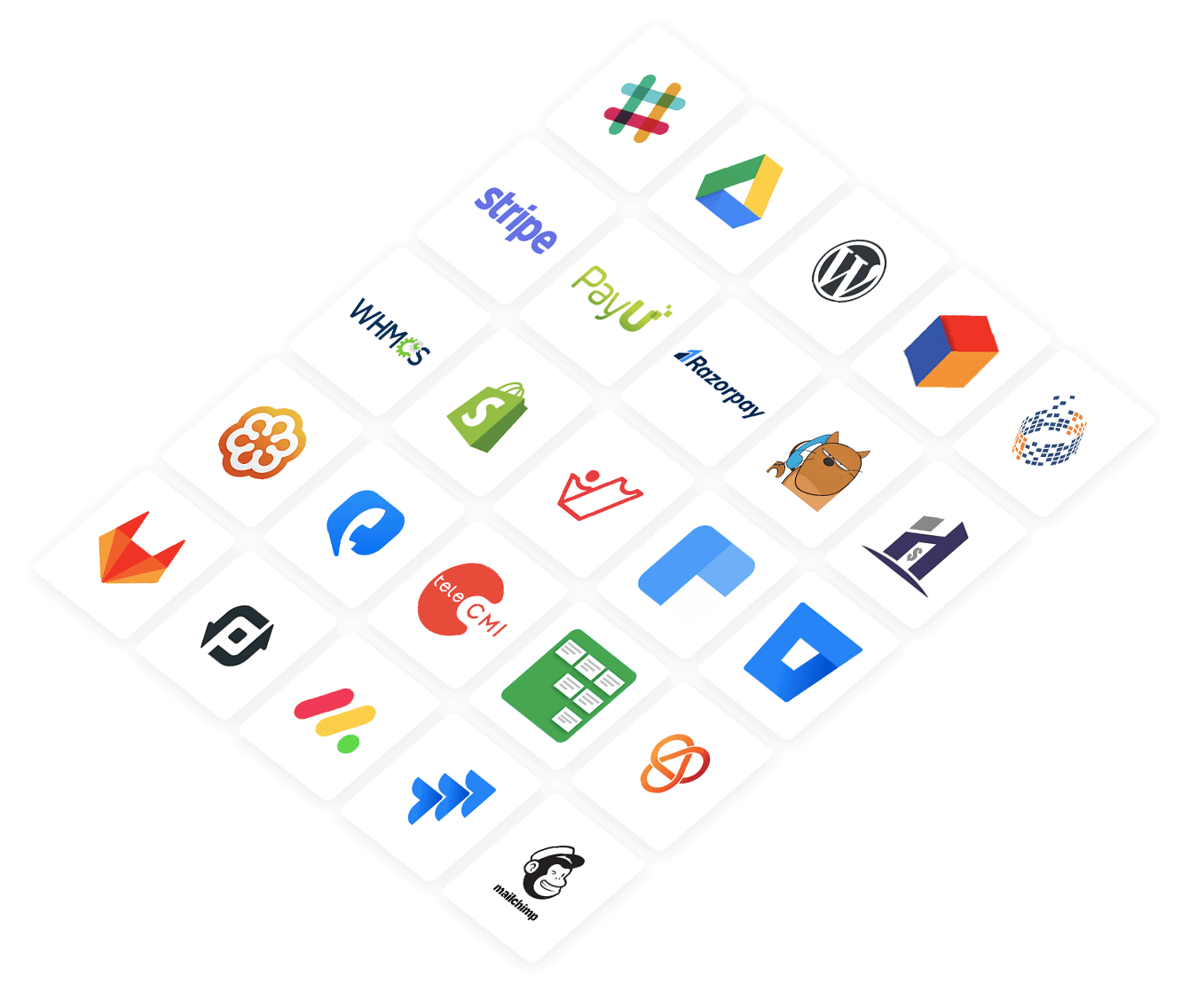How to create a marketing budget
Effective budgeting can be challenging, especially when you have too many campaigns to launch. However, the key to getting it right lies in using the right tools and processes to keep you informed about your spending. This ensures that you neither overspend nor underspend, making the most of your marketing funds.
SIGN UP FOR FREE
What is marketing budget
The marketing budget is simply a plan that includes details on how much your business can spend on promotional efforts such as content marketing, events, sponsorships, paid advertisements, employee costs, and more in the future.
Marketing budgets can be planned annually, monthly, quarterly, or even based on activity types. This practice may vary depending on the nature of the business and organization, but it's recommended to ensure you have a mix of both—planning based on timeline and planning based on activity type—so that you can allocate funds and focus on priorities.
Why do you need a marketing budget
- Ensure you spend the right amount
- Keep your marketing on track
- Generate better ROI
- Scale up your business
- Enable data-driven decisions
How to create a marketing budget for your business
We have provided a comprehensive, ten-steps to help you create a marketing budget. These pointers serve as a detailed roadmap, walking you through each stage of the budgeting process. By following these steps, you'll be able to develop an effective marketing budget tailored to your business needs and goals.
Define your goals
The first thing in creating a marketing budget is setting a clear goal and expectations for your brand. Let's say you are launching a new product for your business; your primary goal for the product should be driving more awareness, which means more search queries about the product on search engines, more phone calls enquiring about the product, and more visits to your landing page and so on.
For achieving that result, estimate how much your brand would be willing to spend.
For instance, getting a hundred thousand impressions on search ads would cost you a few hundred dollars; add that to your budget.
Understand Your Market and Audience
A deep understanding of your target market, competitors, and audience is essential for effective budget planning. Conduct thorough market research to identify consumer preferences, behaviours, and the competitive landscape.
This insight will help you determine which marketing channels and tactics are most likely to resonate with your audience. If your competitor brands reach their audience via events, it's better to do more events and connect with your audience.
If your product needs more educational content to sell, it's better to invest in a content writing team and execute your marketing efforts. In this way, you ensure you plan your budget and prepare for all the marketing expenses.
Determine Your Total Revenue and Available Funds
Before allocating any budget to marketing, you need to assess your financial resources. Calculate your projected revenue for the upcoming period and determine how much of that you're willing to invest in marketing. This could be a fixed percentage of revenue or a specific monetary amount.
Allocate Funds Across Marketing Channels
With your budget established, it's time to allocate funds across various marketing channels. Consider which channels are most suitable for reaching your target audience and achieving your goals. These may include digital marketing channels such as social media, email, PPC advertising, SEO, as well as traditional channels like print, TV, and radio.
Estimate Costs for Each Channel
Research the costs associated with each marketing channel, including advertising expenses, agency fees, content creation, and any other relevant costs. Be sure to account for both one-time and ongoing expenses to accurately estimate your budget requirements.
Prioritize Channels Based on ROI
Not all marketing channels yield the same return on investment (ROI). Evaluate the potential ROI for each channel and prioritize those that are likely to deliver the best results. Focus your budget allocation on channels that offer the highest ROI while ensuring a balanced approach across multiple channels for optimal reach and impact.
Factor in Seasonality and Campaign
Timing Consider any seasonality or timing factors that may impact your marketing efforts. Certain promotions or campaigns may be more effective during specific times of the year or in alignment with key events or holidays. Adjust your budget and campaign timing accordingly to maximize impact.
Include Room for Testing and Experimentation
Reserve a portion of your budget for testing new strategies and experimenting with different approaches. This allows you to adapt and optimize your marketing efforts based on real-time feedback and performance data. Testing is crucial for identifying what resonates with your audience and refining your tactics accordingly.
Monitor and Track Expenses
Throughout the budget period, diligently monitor and track your marketing expenses. Keep a close eye on performance metrics to assess the effectiveness of your initiatives and identify areas for improvement. Regularly reviewing your budget and expenses enables you to make informed decisions and adjust your strategy as needed.
Review and adjust regularly
A marketing budget is not set in stone; it requires ongoing review and adjustment to remain effective. Regularly evaluate your budget against your goals, performance data, and changing market conditions. Be prepared to reallocate resources and make strategic shifts to ensure your budget continues to support your business objectives. In conclusion, crafting a comprehensive marketing budget is a strategic process that requires careful planning, analysis, and flexibility. By following these steps and staying vigilant in monitoring and adapting your budget, you can maximize the impact of your marketing efforts and drive success for your business.
How to track your marketing spending effectively
More than setting a budget, it is important to track all your expenses and categorize them so you know exactly where your marketing money is going.
A unified marketing platform like Zoho Marketing Plus offers a comprehensive tools to add expenses, categorize them, and analyze the spending with filters and charts. Additionally Marketing Plus comes with tools like analytics that lets you create custom dashboards and charts that let you analyze and track all your marketing expenses effectively.
Here is how you can add and track your marketing expenses
Let’s take a quick tour of how you can create a marketing budget, add expenses, and visualize it all in Marketing Plus using the Budget Board.













